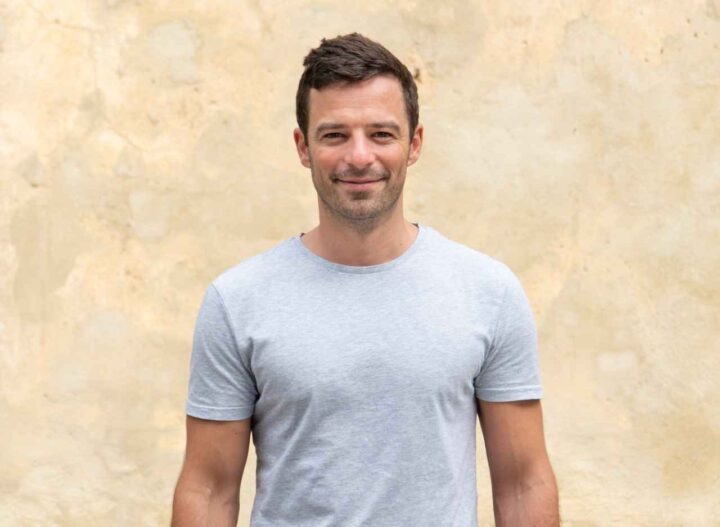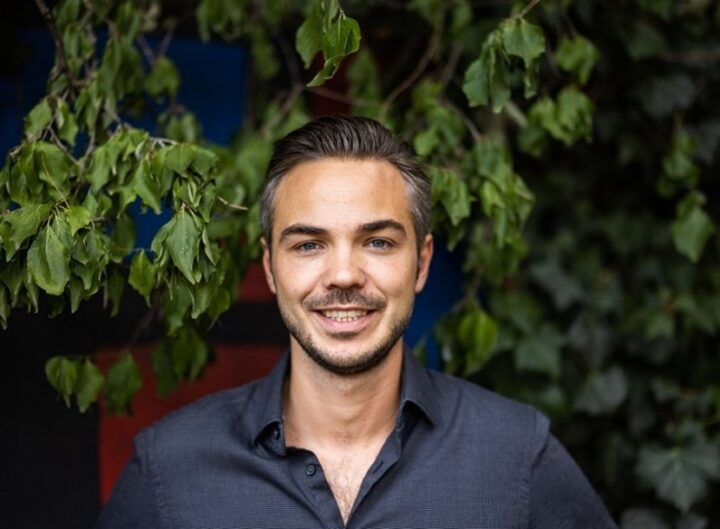This post is also available in:
Deutsch
The most important information about the "Fundamentals of Epigenetics" course
| Name | Fundamentals of epigenetics |
| Model | Certificate Course (CAS) |
| Target group | Physician, alternative practitioner, dentist, pharmacist, therapist, other persons in the healthcare sector |
| Language | German |
| Duration | 12 months (with Healversity degree* 6 months) |
| Number of modules | 14 +1 |
| Structure | 120 hrs. of direct (online) instruction, 32 hrs. practice, 148 hours self-study, total 300 hours 10 ECTS |
| Course organization | DTMD University Castle Wiltz (Luxembourg); Swiss Campus of DTMD, Stans (Switzerland) |
| Course start / location | Summer semester 2024 (German) / Online, to be announced |
| Admission requirements (CAS) | Completed Epigenetics Coach training from Healversity. |
| Tuition | The university course is made up of the costs for the overall training at Healversity (4.500 € plus 19% TVA) and the costs for the university course of 990 € plus 3% TVA |
| Payment modalities | One-time payment, due upon booking |
| Feature | Within the scope of crediting external learning achievements, the Swiss-Campus of DTMD University fully credits the overall training of the cooperation partner HealVersity (both in terms of content and costs). This results in a corresponding reduction and shortening of this continuing education for the corresponding participants in the "CAS Epigenetics Fundamentals". For more information on the shortened training program, please contact HealVersity directly |
Course content
Genetics and epigenetics are well-known terms. Intensive genome research began with the discovery of the DNA structure by Watson and Crick in 1953.
The concept of epigenetics was developed in the 1960s. It describes the external influences that switch certain genes on or off. This broad field of research is used by both forensic scientists and doctors.
Research into genetics and epigenetics in the context of health maintenance and health promotion has become increasingly important in recent decades. It provides important findings and information for optimal health from a bio-psycho-social perspective.
Aim of the certificate course
The aim of the certificate course is to provide intermediary training in one of the most essential areas of life - health.
At the same time, the course provides an in-depth insight into the complex topics of genetics and epigenetics.
Contents of the course
Through a variety of tasks, exercises and activities, the course provides a practical application of the knowledge taught for integrative health practice.
The course offers added value for professionals who want to move from vocational training to further academic education in the sense of the Bruges/Copenhagen process. It is also an enrichment for academics who wish to update and deepen their knowledge within the framework of further academic training.







